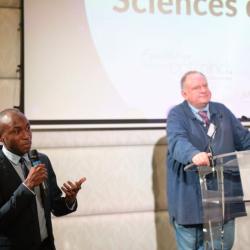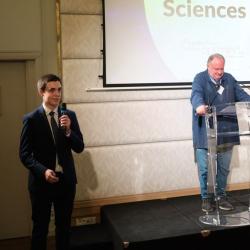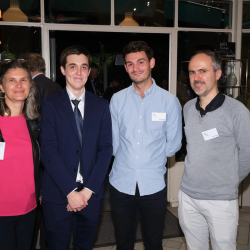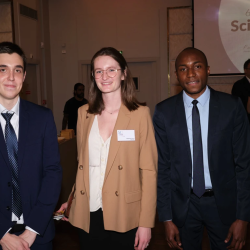Prix des Sciences du Risque 2024 : Congratulations to Franklin Feukam Kouhoue and Florian Salaun
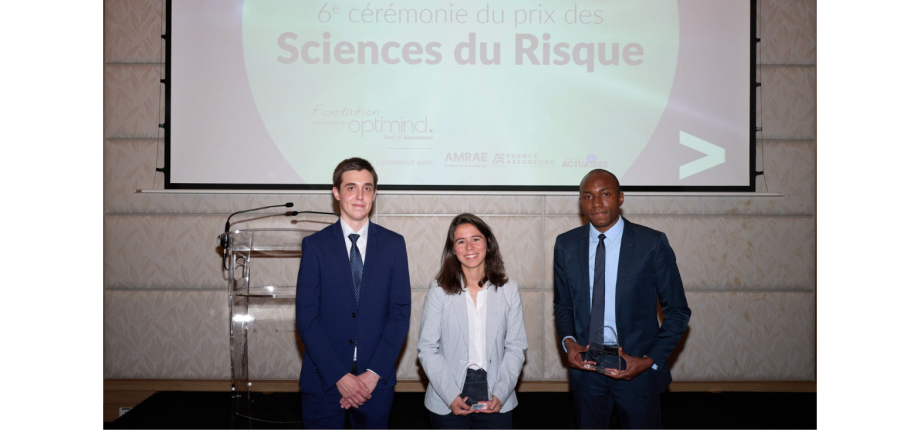
For the 6th edition of the Prix des Sciences du Risque, the Optimind Foundation, in partnership with the Institute of Actuaries, AMRAE, France Assureurs and Argus de l'assurance, has chosen two co-winners in 2024, each receiving a prize of 5,000 euros, as well as a special mention. Congratulations to:
- Franklin Feukam Kouhoue (Actuarial Science Specialized Masters® (MS) student), rewarded for her dissertation at ENSAE Paris, "Interprétabilité des modèles de tarification en Actuariat : application à l’assurance automobile."
The digitization of activities has gradually led to a greater availability of data exploitable for insurance purposes and has enabled insurers to achieve finer segmentation and better adjustment of their risk management strategies.
The use of statistical learning algorithms for the development of predictive models, particularly neural networks and ensemble models, does not undermine the need for model interpretability and transparency.
In response to these needs, the awarded research explores and illustrates the use of various post hoc interpretability methods that are model-agnostic. This work is complemented by an application to auto insurance pricing and the use of telematics data.
- Florian Salaun (Actuarial Science Specialized Masters® (MS) student), received a special mention for his thesis "Modélisation par apprentissage statistique du lien température-mortalité en Open Data et application prédictive".
The increase in both the frequency and intensity of extreme heat events raises questions about the impact of climate change on mortality.
Using high-granularity open data, this research compares different extensions of generalized linear models and highlights the ability of Distributed Lag Non-Linear Models to reproduce the effects of extreme temperatures on mortality.
A prospective study looking ahead to 2070 further identifies at-risk population categories and potential demographic heterogeneity in terms of exposure to temperature-related mortality risk. Additionally, it quantifies the prospective impact of adaptation measures to this risk.











